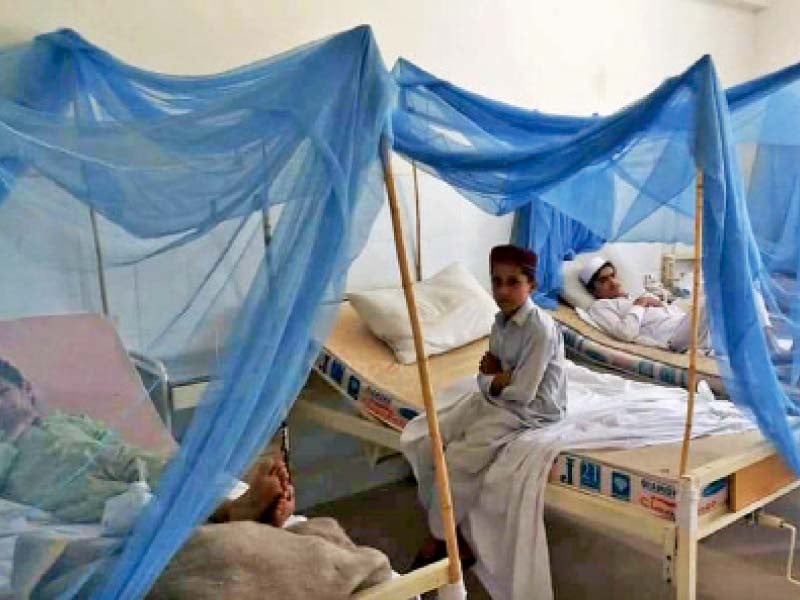The health crisis in Khyber Pakhtunkhwa has escalated dramatically, as cases of diphtheria, measles, dengue, and malaria have shown a sharp rise in 2024. According to the annual report of the Integrated Disease Surveillance and Response System (IDSRS), the number of cases for several diseases has more than doubled compared to 2023.
The report paints a concerning picture:
Diphtheria cases recorded an alarming 182% increase. While there were 337 cases in 2023, the figure surged to 952 in 2024, indicating the resurgence of a disease once considered under control.
Dengue fever cases skyrocketed by 176%, jumping from 1,980 cases in 2023 to a staggering 5,477 cases in 2024, underlining a worsening public health challenge.
Measles cases also surged by 43%, with 10,871 cases reported in 2023, rising to 15,621 in 2024, a figure that raises concerns about vaccination coverage and public health measures.
Malaria, already a major health burden, saw a 13% increase, with reported cases growing from 239,902 in 2023 to 271,344 in 2024.
However, the report also highlighted some positive developments. Cases of typhoid dropped by 32%, while pneumonia cases decreased by 21%, showcasing some success in disease control measures for these illnesses.
Reasons Behind the Surge
Sources have linked the rise in diphtheria and measles cases to a shortage of vaccines, particularly during the early months of 2024. The delay in vaccine availability disrupted immunization campaigns, leaving many vulnerable populations unprotected.
On the other hand, climate change has been identified as a key driver behind the increased incidence of dengue and malaria. Warmer temperatures and irregular rainfall have created favorable breeding conditions for mosquitoes, exacerbating the spread of these vector-borne diseases.
Health Adviser Ihtesham Ali acknowledged the challenges posed by these outbreaks. He admitted that vaccine shortages in early 2024 contributed to the rise in measles and diphtheria cases but assured that the issue had been resolved later in the year. He also highlighted climate change as a critical factor in the rise of mosquito-borne diseases like dengue and malaria, calling for better preparedness and adaptation strategies to address these emerging threats.
The situation underscores the urgent need for a robust and well-funded healthcare system in Khyber Pakhtunkhwa to address these public health crises, strengthen immunization campaigns, and combat the effects of climate change on health.


